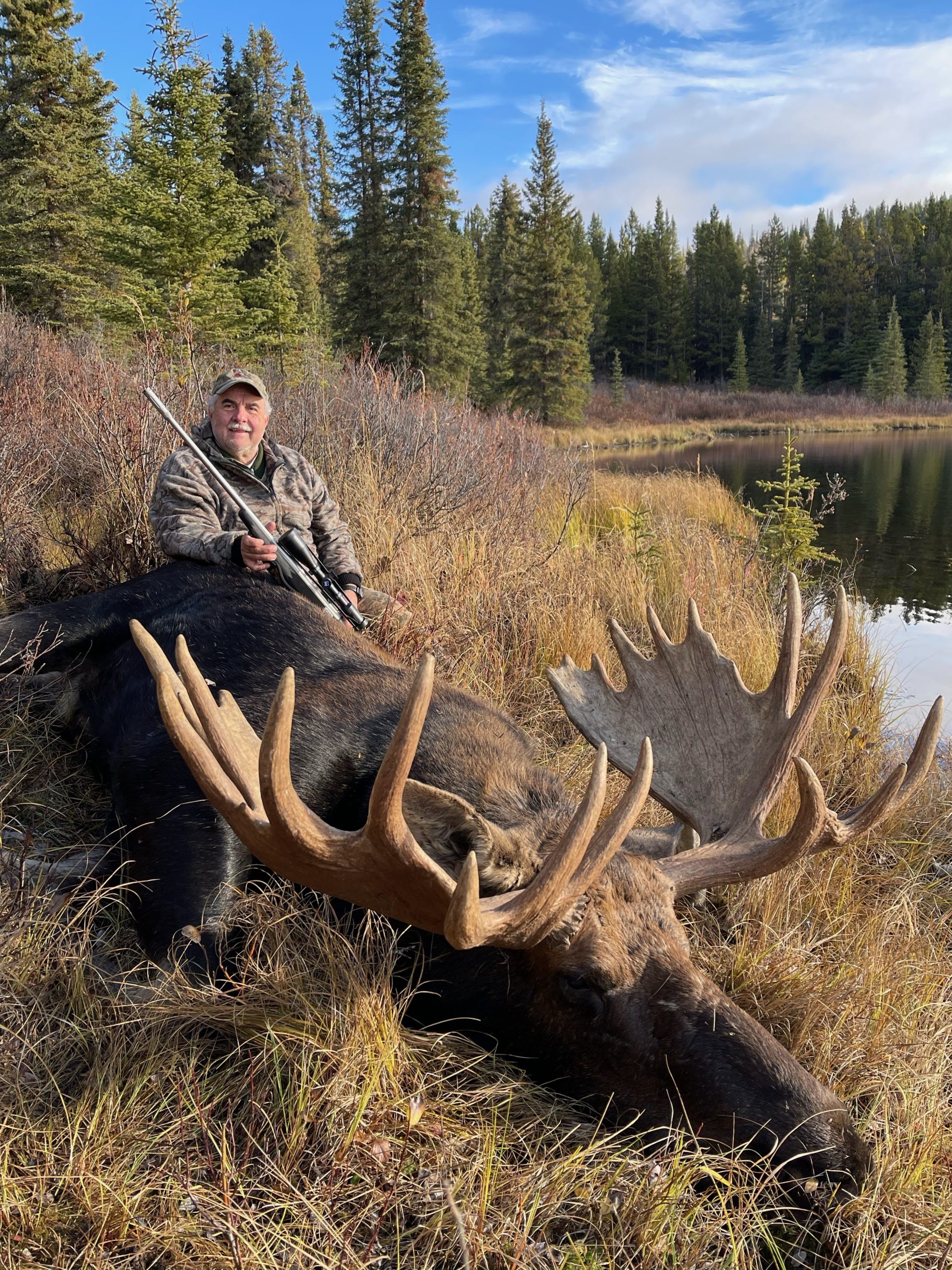Rhino deaths recorded from poaching have decreased yet again in South Africa, making it five consecutive years of decline. Elephant lives lost to poachers are also down from 2018 numbers.
But, the government is not letting up. As the country looks ahead to 2020, the Department of Environment, Forestry and Fisheries plans to proceed with even more initiatives to deter rhino poaching.
Under the leadership of Minister Barbara Creecy, the Department of Environment, Forestry and Fisheries will continue acting by the Integrated Strategic Movement of Rhinoceros, the multi-disciplinary approach, as well as the principles set forth in the draft National Integrated Strategy to Combat Wildlife Trafficking (NISCWT), which came from CITES (Conference of Parties to the Convention on the Illegal Trade in Wild Fauna and Flora) in 2016. It aims to strengthen the multi-disciplinary approach and broaden the scope to combat other wildlife trafficking situations, as well.
For example, in Kruger National Park alone, there were 2,014 poaching activities and incidents, but only 327 rhinos were lost. This attests to the fast-acting programs and strategies in place for rangers and law enforcement.
Country-wide arrests have resulted in 145 imprisonment rulings with six sentences greater than 15 years, as well as various high-profile cases still presently before the courts.
The number of rhinos lost to poaching is down to 594, which is 175 fewer than in 2018. Elephants lost to poaching is down to 31, which is down from 71 in 2018.


